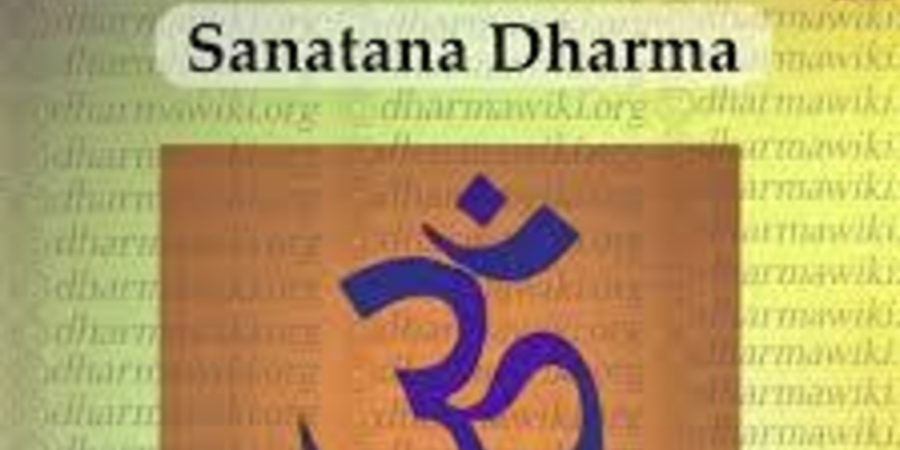

Sanatan Dharma, often translated as "eternal duty" or "eternal order," represents the ancient spiritual and philosophical traditions of Hinduism. Rooted in sacred texts like the Vedas, Upanishads, and the Bhagavad Gita, Sanatan Dharma embodies timeless principles of morality, dharma (duty), and spiritual enlightenment. However, in modern Indian politics, the term has often been appropriated and redefined, becoming a focal point of ideological debates and electoral strategies.
This article delves into the political dynamics surrounding Sanatan Dharma, its historical significance, and its contemporary implications.
Sanatan Dharma, as a concept, predates organized religion and represents the universal moral and spiritual laws governing human life. It emphasizes:
Historically, Sanatan Dharma was not associated with political ideology but with individual and societal harmony. Its teachings were meant to guide personal conduct and societal values rather than political governance.
In contemporary India, Sanatan Dharma has often been invoked in political discourse, primarily by right-wing parties and organizations seeking to align Hindu identity with nationalist narratives.
The promotion of Sanatan Dharma often aligns with broader cultural revivalist movements, which emphasize:
Some political leaders and thinkers argue that Sanatan Dharma perpetuates hierarchical structures like the caste system. For instance, critiques often come from:
Certain political leaders have criticized Sanatan Dharma, describing it as outdated or oppressive. These statements often lead to heated debates, with right-wing groups accusing critics of being anti-Hindu or anti-national.
Social media platforms amplify debates on Sanatan Dharma, often turning philosophical discussions into polarized political battles. Hashtags, memes, and campaigns further sensationalize the issue, reducing complex spiritual ideas to political soundbites.
The invocation of Sanatan Dharma often intersects with the ideology of Hindutva, which seeks to establish India as a Hindu Rashtra (nation). This alignment has significant implications for:
The politicization of Sanatan Dharma deepens societal divides, as political parties exploit religious sentiments for votes. This often leads to:
India’s global image as a diverse and pluralistic democracy risks being overshadowed by narratives of majoritarianism tied to Sanatan Dharma.
Sanatan Dharma should be preserved as a spiritual and philosophical tradition, distinct from partisan politics. Politicizing it undermines its universality and reduces its profound teachings to narrow agendas.
Political leaders and scholars must highlight the inclusive aspects of Sanatan Dharma, which emphasize unity, harmony, and respect for diversity.
Reaffirming India’s commitment to secularism ensures that religious and cultural traditions are celebrated without alienating any community or group.
A better understanding of Sanatan Dharma can help counter misinformation and misuse. Public discourse should focus on its philosophical richness rather than divisive interpretations.
Sanatan Dharma, with its emphasis on timeless spiritual truths, holds immense cultural and philosophical significance for India. However, its politicization risks distorting its essence and dividing society. To honor its legacy, it is crucial to approach Sanatan Dharma as a guiding light for ethical living and harmony, free from the constraints of partisan politics. Only then can it continue to inspire generations while upholding India’s democratic and pluralistic ideals.
